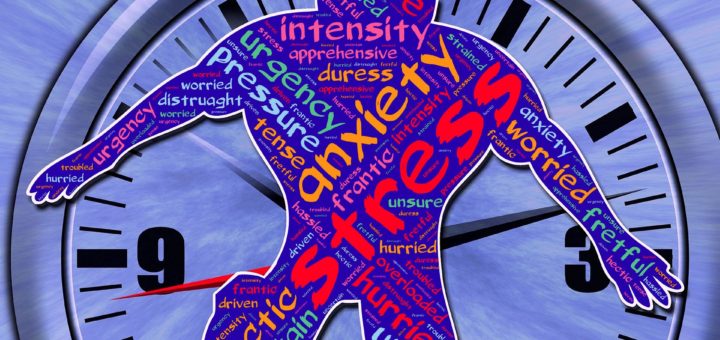Communicating During a Crisis

It is probably not very difficult to communicate when everything is going smoothly. On the other hand, when you are in the middle of a crisis (whether it is your crisis or someone else’s), your communication approach may be more challenging.
There are many ways to mess up communications but fixing it is what matters
It is critical that you understand what your target audience needs but sometimes you may miss the mark (slightly) and not give them exactly what they are asking for. It happens because you are human just like they are.
When your client or someone who is a part of your business is in the middle of a crisis, you need to take action quickly and do whatever it takes to resolve that crisis. Otherwise, the consequences to your business or to the other person’s business may be far-reaching.
Your audience is always watching
If you are in a position of having to handle a crisis, it is important for you to remember that you will never have the luxury of handling it privately. Everything you do and say will be viewed by your audience. With that in mind, you will handle and resolve the crisis very differently than you would handle it if you were totally on your own. Whatever crisis you are experiencing affects many different people and many different situations. That concept should always be a part of your thinking and it should always be a part of what drives you to make specific decisions. When it comes to actually handling the crisis, you will probably have to involve other people. That is fine as long as you delegate the work to them in the most appropriate, productive manner possible.
Where to begin
Your communication approach in a crisis has to be done quickly and it has to be spot on. It is really not a good option to choose one or the other if you want to handle the crisis effectively. In a crisis situation, you need to have a clear understanding of exactly what happens (gather all of the facts before you reach out to anyone). If you sacrifice speed for accuracy or accuracy for speed, something is bound to fall through the cracks and the outcome may not be what you are hoping to achieve. It is not worth the risk.
Your communication should be balanced. One important way to ensure that you achieve that balance is by being prepared (doing your homework). However long you need to prepare is as much as it takes for you (within a reasonable timeframe so that you still deal with the crisis quickly, if that makes any sense). Part of being prepared is to make sure that everyone who will be involved in handling the crisis has received the proper training. If you train people properly, they will succeed permanently going forward. On the other hand, if you don’t train them properly (or at all), they will not succeed, which means that they won’t do you or themselves any good at all.
Pull your resources together
In a crisis, call on people as needed. You need to have confidence that those people will not let you down and that they have what it takes to handle the situation. It is important to delegate the tasks correctly so that each person is contributing to handling the situation in the most effective way possible. There needs to be transparency, clear thinking, and a willingness (desire) to make sure that everything turns out as it should. Every person is a strong contributor to that positive end. It is very important that no communication occurs until all of the facts have been gathered and analyzed. Only then should you communicate outside of your organization.
Follow the steps
When it comes to crisis communication, there are some steps that you can follow that will help you to get through it successfully.
- Try to anticipate the crises before they happen
- Designate the people who will be involved with crisis management
- Train your designated people
- Build a monitoring system for the crisis
- Identify who will be affected by the crisis
- Assess the crisis
- Finalize your communication messages
- Analyze the crisis communication after the fact
Conclusion
Crisis communication is different than all other types of communication and it is important for you to learn how to communicate in a crisis in the most appropriate, effective way as well as training your people to do the same so that you can resolve the issue(s) as quickly as possible. The most important thing to remember when dealing with a crisis is not to bury your head in the same. Deal with it head-on and communicate in the most effective way to resolve the crisis at hand.
We are pleased to provide you with the insightful comments contained herein. For a complimentary assessment of your online presence, let’s have coffee.

|




